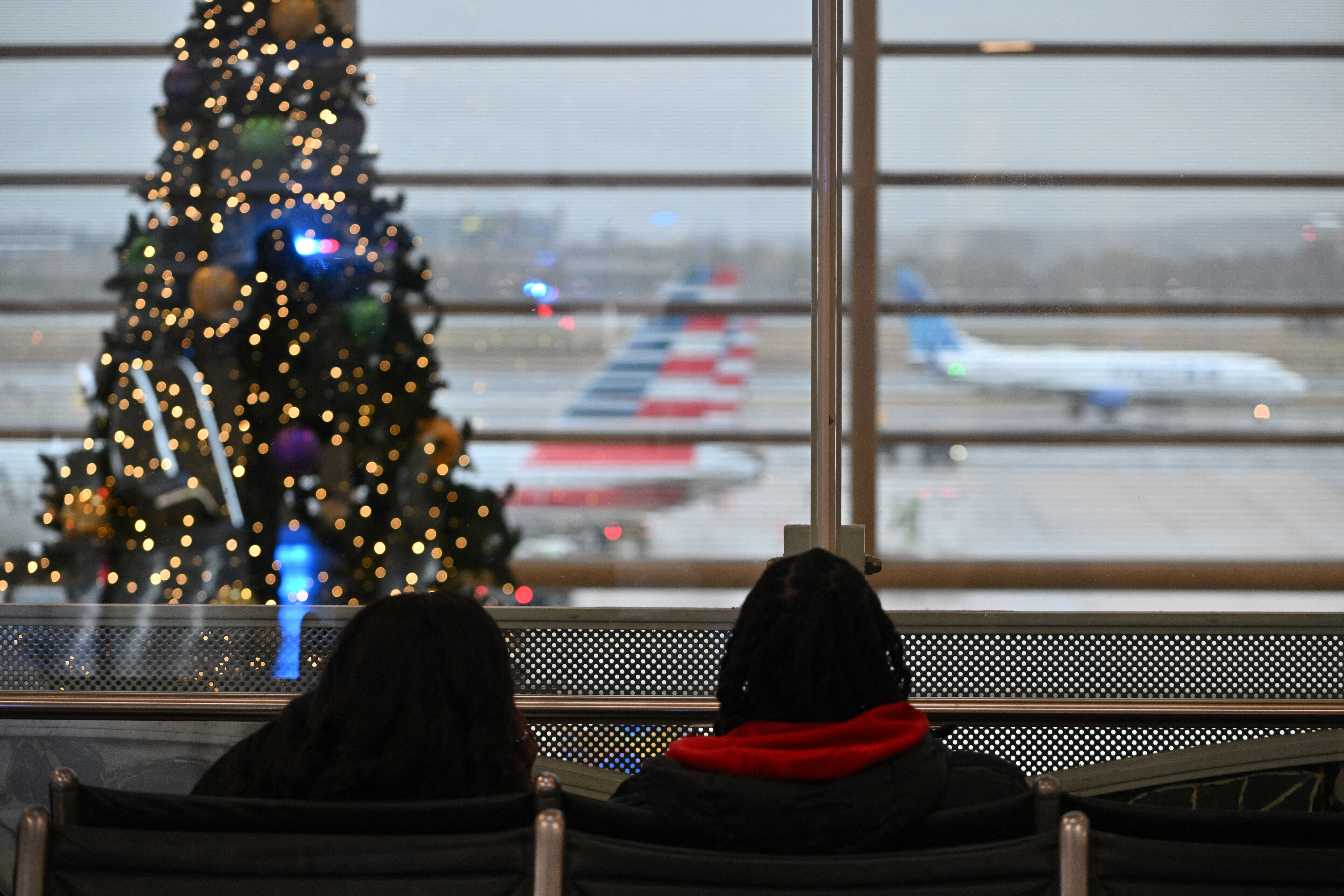For some people, deciding where to apply to college is a no-brainer. They may have had their heart set on one college for years due to a personal connection, or became attached after a campus visit.
While it’s important for applicants to include other colleges on their list, those with a top-choice school may want to consider applying early decision, which can give them a leg up in admissions. But doing so comes with a so-called “binding” commitment.
“One of the criticisms of early decision programs is that they tend to benefit families that don’t have to worry about cost,” says Grant Gosselin, dean of undergraduate admission and financial aid at Boston College in Massachusetts, which is need-blind and meets the full demonstrated financial need of all accepted students. “For those colleges that are not able to meet need, I think students ought to proceed with caution so that they don’t find themselves in a position of not being able to accept the offer that was extended.”
How Does Early Decision Compare to Other Admissions Deadlines?
Unlike other admissions deadlines — including early action, regular decision and rolling admissions — early decision is binding. This means that, if accepted, an early decision applicant is required to attend the college.
Most early decision deadlines are in November, with some as early as mid-October. Other applications are typically due between December and February, while the rolling admissions deadline window is open as late as the spring or even up to the first week of classes.
[Read: What to Know About College Early Action and Early Decision]
Students can apply early decision to only one school, but can usually submit applications concurrently to other colleges under less-restrictive early action and regular decision deadlines. Compared to other admissions deadlines, which give students until May 1 to claim their spot at a college, early decision requires accepted applicants to confirm their intention to enroll within a few weeks of acceptance and to reject any offers received from other schools.
You’re then done with the admissions process early, says Ronne P. Turner, vice provost of admissions and financial aid at Washington University in St. Louis.
“It takes some of that stress off and it allows the student to be able to spend the time continuing to learn in their senior year,” she says. “You also get to experience being a senior in your last semester of high school and are able to enjoy that time without the worry of the college choice.”
Why Apply Early Decision?
Applying early decision is a way for students to show their interest in and commitment to a college, which is often beneficial in the admissions process.
If you compare acceptances at many colleges, there’s a measurable difference between early decision admission rates and regular decision admission rates. Duke University in North Carolina, for instance, accepted 12.9% of early decision applicants for the class of 2028, while 4.1% were admitted during regular decision — record lows for both rates, according to the Duke Chronicle, a student newspaper.
From the college’s perspective, early decision helps identify students who are the best fit, Gosselin says. “We’re always trying to find a good match. When students have done half the work to identify BC as really aligning with their values and what they’re looking for in their college experience, it gives us that much more confidence that the match might be a good one.”
[read: Nonacademic Factors to Consider When Choosing a College]
But early decision is not for every applicant, especially for those who want more choices in the college decision process. Students who are unsure if the college meets their academic or personal needs should not apply early decision, experts say.
Cost can be a major roadblock for students to attend college, so applicants must also be sure that their financial need can be met. Merit aid scholarships, for instance, may not be given out until well after the early decision deadline.
“Occasionally, I will hear students say, ‘Well, I can honor my early decision commitment if I get a scholarship,'” Turner says. “And then we have to explain that our scholarship selection process is very different and is on a very different timeline. And if you are counting on a scholarship to be able to make our institution affordable and the timing doesn’t coincide, then you should not apply early decision.”
Is Early Decision Really Binding or Can You Back Out?
Early decision applications typically require the signature of the student, parent and counselor verifying the commitment. The agreement is not legally binding, so a college would not go after a student for tuition. But depending on the school, there can be consequences if a student doesn’t accept an offer.
[Read: Consider Faculty Diversity When Applying to College.]
For example, if it is discovered that a student applied early decision to two different colleges — breaking the agreement — a student risks losing both acceptances.
“I don’t think it’s very common that students are going about this in a manipulative way, but there are serious consequences if they choose to do that,” Gosselin says.
There are exceptions, however. Some families may receive a financial aid package that’s different than anticipated, making it difficult to afford the cost of attendance.
“We want to make sure that families understand that need is a formula that the federal government and institutions establish,” Gosselin says. “Colleges provide net price calculators on their websites for families to be able to preview what financial aid might look like if they’re admitted. Those are pretty accurate formulas. … But in those instances where they’re just not going to be able to (afford a school) for whatever reason, we would release the student for financial reasons. But that’s generally the only viable reason to bow out of the contract.”
Admissions officers understand if extenuating circumstances prevent a student from honoring their commitment, including an illness or death in the family that leads a student to defer enrolling for a semester or year, experts say. If that’s the case, they advise students to reach out to the institution as soon as possible.
“Have some conversations with the admissions officers to talk through your issues and concerns to see if there’s something that the institution can do to help,” Turner says. “Students shouldn’t be afraid to talk with the admissions officers. That’s what we’re here for.”
Searching for a college? Get our complete rankings of Best Colleges.
More from U.S. News
How Many Colleges Should I Apply to?
How to Apply and Adjust to College as a Homeschooled Student
What Happens to Students Who Back Out of Early Decision Offers originally appeared on usnews.com
Update 10/16/24: This article was published at an earlier date and has been updated with new information.







